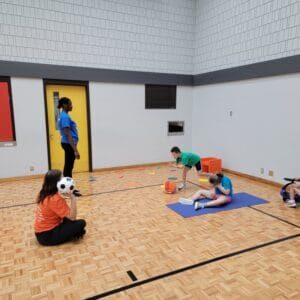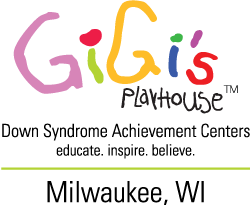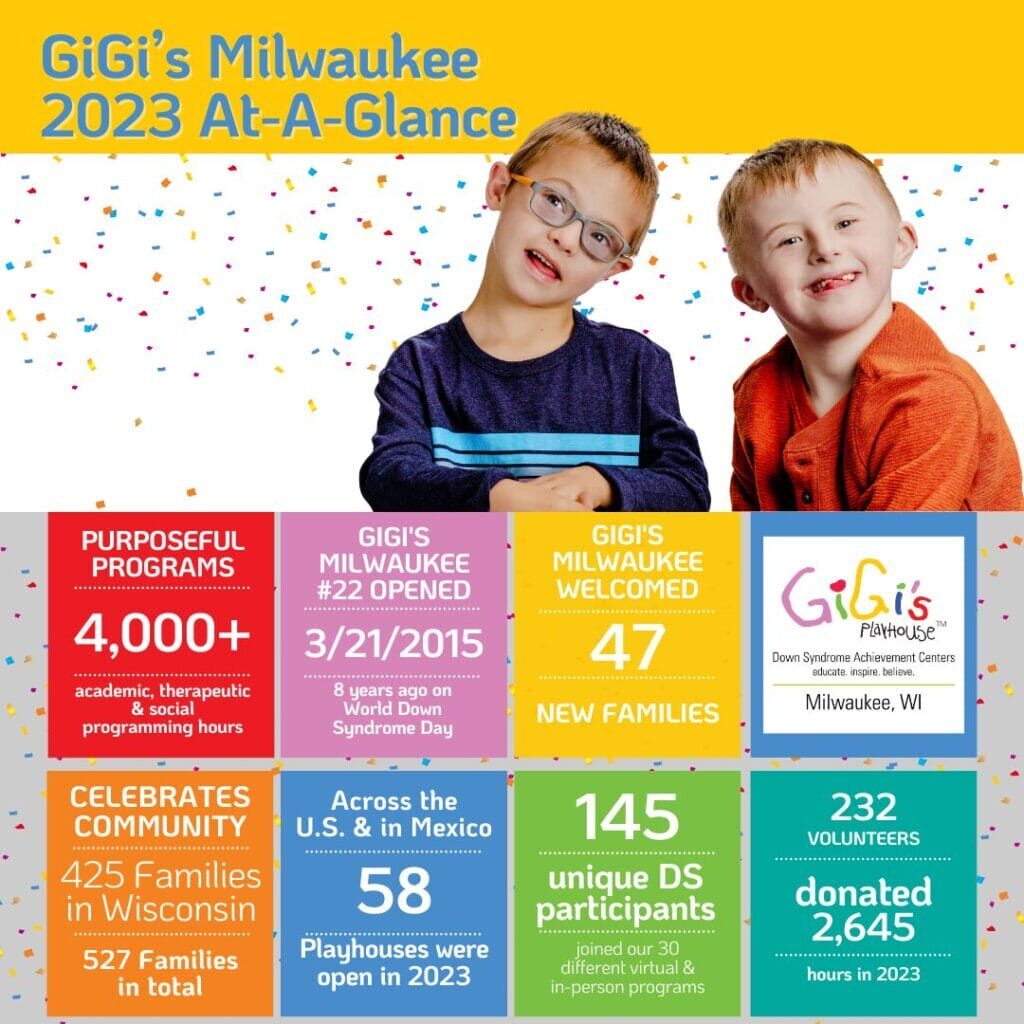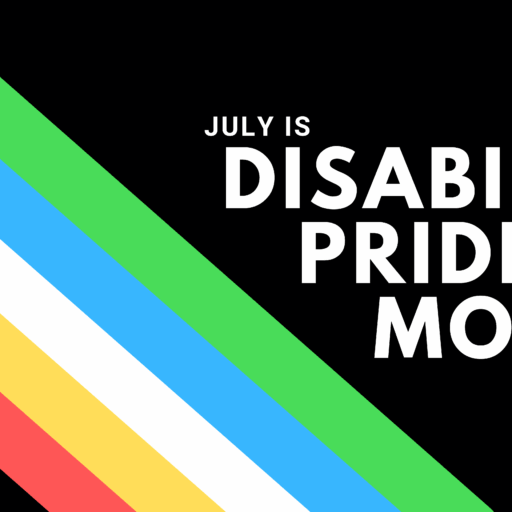Participant Best of All – Myron
“Our 3 y/o son Myron has gained independence, is singing along to more songs, is making more sounds, and is imitating more words. Miss Fiona and Ms. Jen are always coming up with fun activities to keep my son engaged and his sister loves to come along and play.” – Kristy, Myron’s mom. Kristy is referring to Myron’s participation in the Amina Grace Speech and Language program. In Milwaukee, this program is managed by Jen Eggert, Clinical Professor at Marquette University, Department of Speech Pathology and Audiology. Myron has struggled to express his needs and wants and to communicate with his family and peers at school. Myron is quick to become dysregulated and will often shut down crying, stomping, or yelling until he can share his thoughts. This is very common in children. Behavior is a result of something, and the something in this case is Myron’s need to express himself, to communicate. Through speech and language sessions he is learning the sounds needed to begin making words. Music is used to keep him engaged and having fun all while learning new skills.
Structural differences in people with Down syndrome include a small oral cavity with a relatively large tongue and a narrow, high-arched palate. Missing, poorly differentiated, or additional muscles characterize facial structures, and differences in nerve innervation have been found as well (Miller & Leddy, 1998). These differences are thought to account, in part, for poor speech intelligibility through dysarthric factors such as reduced speed, range of motion, and coordination of the articulators. In addition, compared with typically developing children, boys with Down syndrome show differences in the structure of the lips, tongue, and velopharynx, and are less skilled at speech motor functions and coordinated speech movements involving the lips, tongue, velopharynx, and larynx (Barnes, Roberts, Mirrett, Sideris, & Misenheimer, 2006).
Within these partnerships, the college students often earn clinical hours or course credit for their work with our participants. “It’s really a win-win-win situation! The Playhouse is staffed with a beneficial program, the students gain real-world clinic skills, and the clients receive free services.”– Jennifer Eggert, on her thoughts about the Amina Grace Speech partnership with Marquette.
Learn more about the Amina Grace Speech and Language program and register for the program (Spring or Fall sessions are available at the Milwaukee Playhouse) https://gigisplayhouse.org/milwaukee/amina-grace-speech-and-language-program/
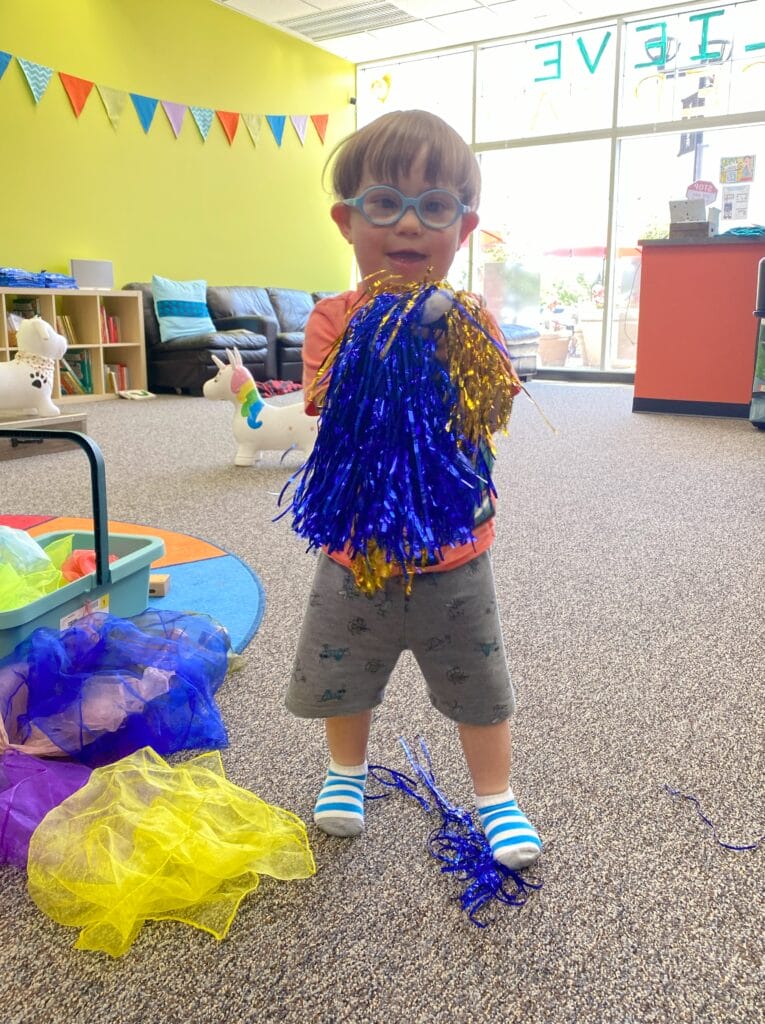
Recent Posts
